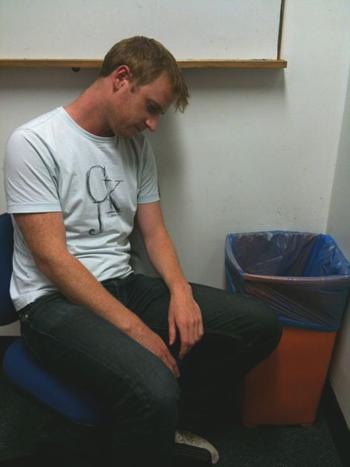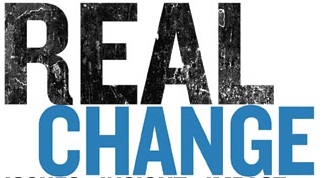Roles. Do we box ourselves in?
When we’re little girls, many of us have, at some point, wanted to be an actress. I did. I was “bitten” by the bug at age nine, when I played a baby doll in a school play. From there, I acted in various productions and eventually graduated from college as a theater major.
And during that time, I was exposed to Shakespeare and of course, his female characters. Juliet, Ophelia, Queen Gertrude and Lady Macbeth were the most influential to me.

I first encountered the Juliet character on a Brady Bunch episode (Marcia Brady was cast as Juliet in a school play). I know. It was during the time Franco Zefferelli’s film was out, portraying our young star crossed lovers. And, by the time I hit high school, I’d seen the film. What wasn’t to like? Drama, a love story and two very beautiful lead actors; Juliet was played by Olivia Hussey. Anyway, it lines right up with my desire to be beautiful. And that was, of course, a large part of wanting to be an actress.
And so, it begins – acting.
By the time I entered college, I decided to be a theater major. I was a great way to express myself – and a nifty way to avoid having to take math classes as well. (I was hopeless at algebra). Anyway, by college, I was introduced to Hamlet – and the leading lady role of the young, fragile – and crazy- Ophelia. She was the love interest of Hamlet (again, the star-crossed lovers theme) and I bought into its mystique.
Or rather, I bought into the ingénue’s mystique. Ingénue. According to its definition, it means:
An unsophisticated girl or young woman: a girl or young woman who is naive and lacks experience or understanding of life;
A naive character in drama: a character in a play or a movie who is a naive inexperienced young woman
Really?
Roles. Do we box ourselves in? Read More »








